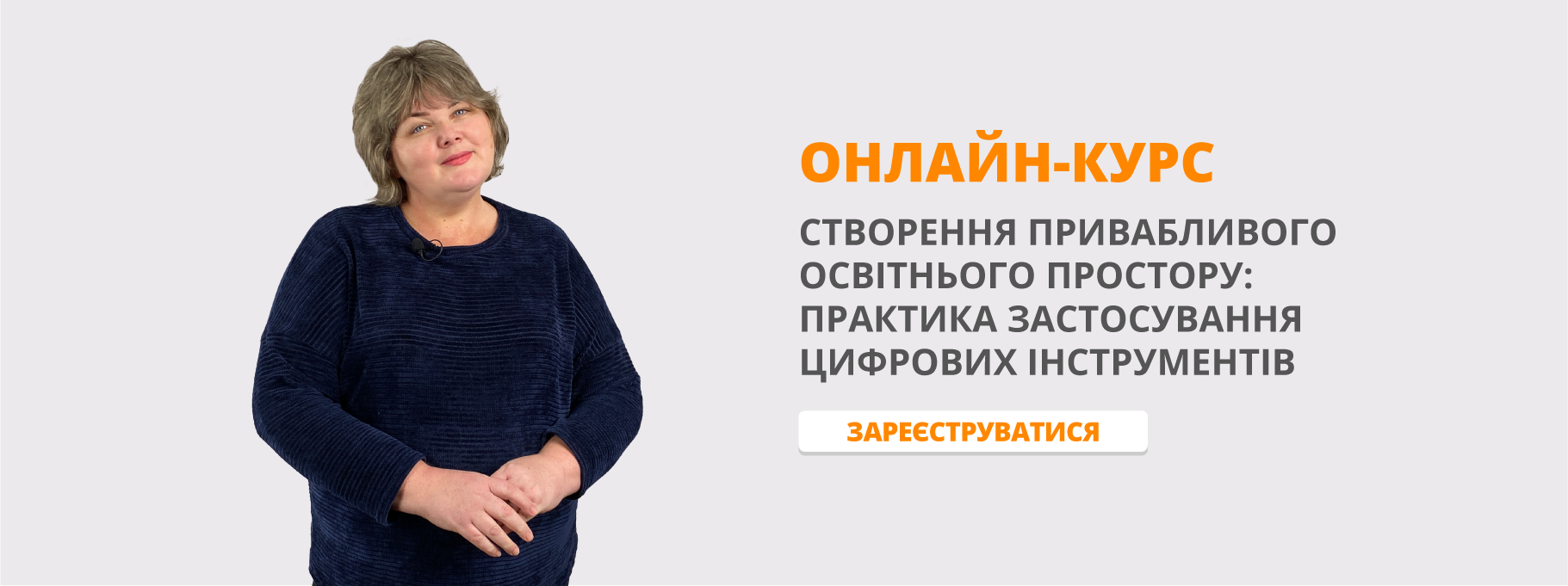Traditions in Great Britain
Traditions in Great Britain
Many people in Britain today accept most of the beliefs, customs and behaviour of their parents most of the time. But they have become much more independent since the Pop Revolution in the 1960s. At that time they developed their own separate culture: they listened to different music, wore different clothes, had different ideas about life, used different words and behaved differently.
But youth culture is always changing. The young people of the 60s who rebelled against the traditional ideas of their parents are now considered out of date by today’s youth. So are the hippies, who disapproved so strongly of materialism and who believed in “free love” and “doing your own thing”. So are the punks who appeared in the mid 70s as a result of mass unemployment among the youth. They dyed their hair in pink, orange, green, purple and other bright colours, wore rings, safety pins and other metal objects pierced through their ears, noses and cheeks. They made their own kind of music, punk rock, and they sniffed glue when they couldn’t afford other drugs. They claimed that their ambition was to die before the age of thirty, and some did.
Today unemployment continues to have a strong influence on the attitudes and behaviour of young people in Great Britain. They fear unemployment and believe that the good things in life will come to them if they can get a good job. So most of them are not interested in being rebels anymore; they want to become adults as quickly as possible. Students are less interested in global problems and student politics and more interested in examination results which can assure them of good positions. Smart clothes, money and success have become fashionable again. Hippies, teddy-boys and punks have been replaced by “yuppies” (young urban professionals) whose main ambition is to earn a lot of money and to spend it on expensive possessions and activities.
Most young people eventually get married, buy or rent a house or a flat of their own and start a family. However, as in many other Western European countries, more and more young people are living together without being married. Most of them register their marriage only if a child is on the way. And in general people get married later than they used to: women in late 20s, men in late 30s. However, marriages are still popular even among those whose first marriage has failed. About 36% of all marriages are between the divorced. Britain now has the highest divorce rate in Europe, and 10% of all families have one parent. Families have also become smaller and the birth rate in Britain has declined dramatically.
Elderly people tend to live alone; it is unusual now to find three generations living in one house as they used to do in the past. It is quite common for close relatives to live in different parts of the country and hardly ever meet. So the family ties have become much looser. One reason for this is that British people tend to move house every five years on average to change jobs or to buy a bigger and better house.
It is impossible not to mention pubs when speaking about British way of life. Pubs are the most popular places of meeting people in an informal atmosphere. They are like local clubs where people from the neighbourhood come in the evening to have a beer and a chat. Practically every British person has his or her favourite pub. There all kind of pubs: city pubs for rich businessmen where the seats are soft and there are bowls of flowers on the tables; simple “out of the way” pubs where young people and artists like to go; old country pubs with solid beams and open wood fires. Many pubs offer food as well as drinks and “family rooms” where parents can take their children are becoming more and more popular.
Another important custom of the British that just can’t be missed is their tea drinking. They are the world’s greatest tea drinkers. The British drink tea at meals and between meals; in the morning and in the evening, when they are happy and when they are upset; to get hot and to get cold; to calm down and to cheer up. Making good tea is an art, so when you are treated to tea in Britain, don’t forget to praise it.
![C:\Users\Kata\AppData\Local\Microsoft\Windows\Temporary Internet Files\Content.IE5\R2SQXFL1\MC900326964[1].wmf](/uploads/files/2835792/274806/298584_html/images/274806 1.png)
![C:\Users\Kata\AppData\Local\Microsoft\Windows\Temporary Internet Files\Content.IE5\0O3DQVOW\MP900362858[1].jpg](/uploads/files/2835792/274806/298584_html/images/274806 2.png)


про публікацію авторської розробки
Додати розробку
